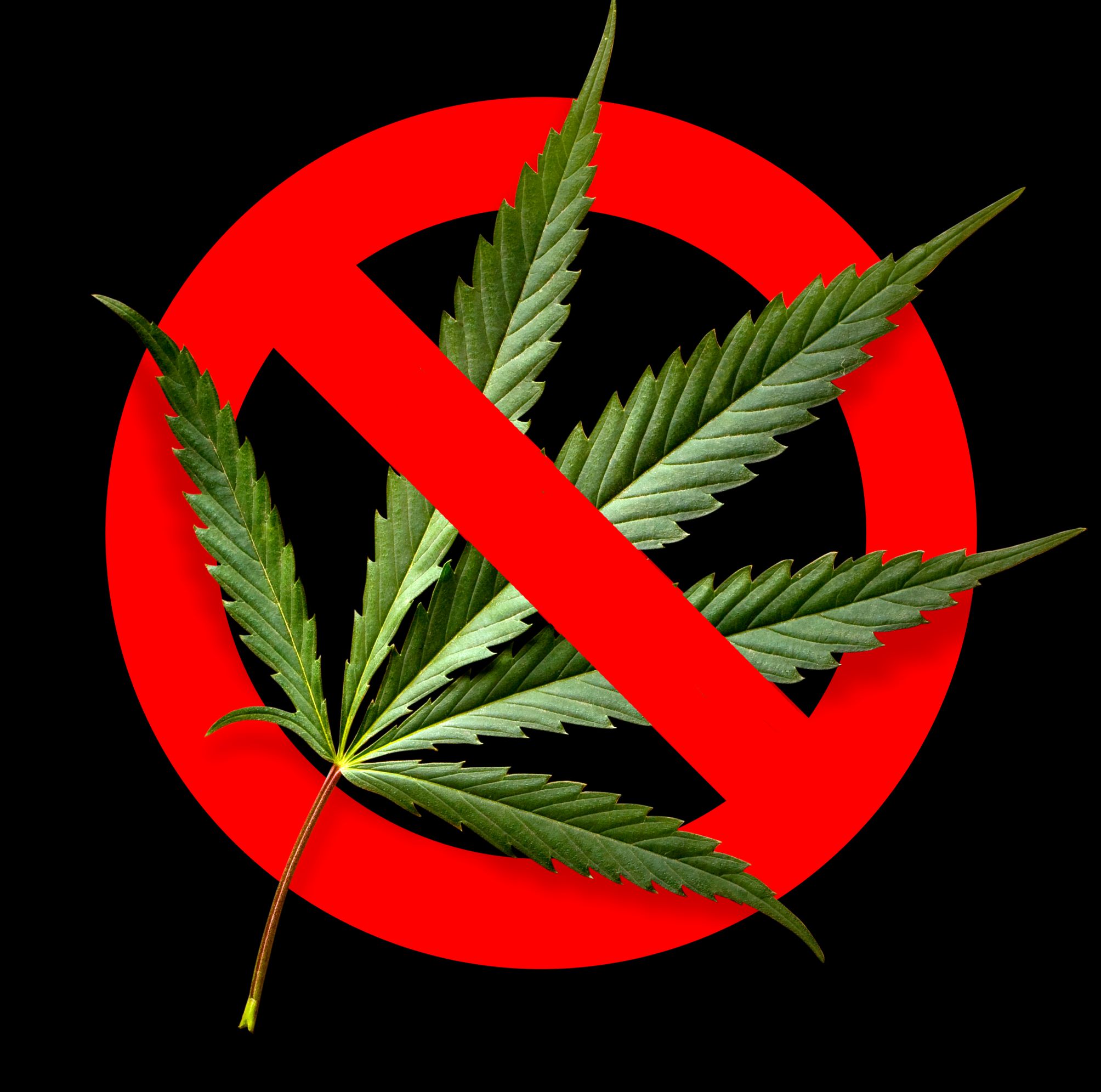Avoiding Liability for Your Tenant’s Unlawful Cannabis Cultivation – AB 2164
 |
BackgroundWhen a tenant violates a local ordinance related to structural or zoning issues, both the tenant and the property owner are often held responsible for the violation. The property owner’s good faith ignorance of the tenant’s unlawful activity may be no excuse. If a property owner is held responsible for such a violation, the local government can assess related fines and hefty attorney’s fees against the property. |
However, state law requires local governments to provide responsible parties with “a reasonable period of time” to correct violations pertaining to building, plumbing, electrical or other similar structural or zoning issues that do not create an immediate danger to health or safety. This “reasonable period of time” must expire before local governments can impose any fines or penalties.
No “Reasonable Period of Time” for Unlawful Cannabis Cultivation; Safe Harbor
Effective January 1, 2019, AB 2164 authorizes local governments to immediately impose fines or penalties for violations related to the illegal cultivation of cannabis. The legislative intent behind AB 2164 was to stop illegal cannabis grow operations from abusing the “reasonable period of time” requirement. Illegal cannabis cultivators discovered that by moving to another location soon after detection they could thereby correct the violation within a reasonable period of time and evade all punishment.
Because unlawful cannabis cultivators and their facilitators are the intended targets of AB 2164, rather than innocent property owners, AB 2164 provides a safe harbor for property owners who meet the following three requirements:
- A tenant is in possession of the unit where cannabis was illegally cultivated,
- The property owner did not know the tenant was illegally cultivating cannabis and no information caused the property owner to have actual notice of the tenant’s illegal cannabis cultivation,
- The property owner has a lease agreement that prohibits the cultivation of cannabis (please note that the law does not limit this lease prohibition to “illegal” cannabis cultivation, which means the lease should prohibit all cannabis cultivation to ensure satisfaction of this requirement).
Importance and Implication of AB 2164
AB 2164 exposes property owners to liability for significant expenses from the imposition of administrative fines, as well as from the enforcement costs and attorney’s fees incurred by local governments in abating nuisance violations related to unlawful cannabis cultivation. Additionally, it can often be difficult to collect from unlawful cannabis cultivators, leading local governments to direct enforcement and collection efforts against property owners instead. However, if property owners can meet the above three safe harbor requirements and correct the violations within a “reasonable period of time”, then they can avoid liability for violations of local law as well as the imposition of any fines or fees related to their tenant’s hidden illegal activity.
Note: Notwithstanding the foregoing, property owners who permit the cultivation, sale, or use of cannabis on their properties may be liable for violations of federal law.
Article by Gabriel J. Pitassi, an associate in our Real Estate and Corporate practice groups.

